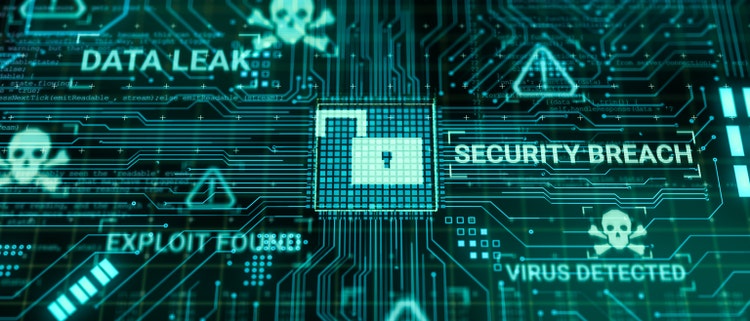Investing In Secular Trends: Hacking And Cybersecurity
Black_Kira/iStock via Getty Images
As our digital footprints grow at an exponential rate and become more accessible from anywhere on Earth, and on multiple platforms, it is more important than ever to protect our data. Businesses and individuals alike are becoming more vulnerable to outside and nefarious actions by those that can exploit private and sensitive information for financial gain or to cause disruptions. I believe that this activity will continue for the foreseeable future (measured in years and decades) and is likely to become more top of mind for corporate America as well as individuals.
Cybersecurity is not a new term or new concern by any means, but I believe that the prevalence of hacks and need for robust protection will be a secular trend, driven by the exponential growth in data. I characterize a secular trend as one that continues despite business cycles, political environments, interest and inflation rates, and other factors, including most exogenous shocks. Companies experiencing secular growth provide pockets of opportunity during the current period of stock market uncertainty, rising interest rates, commodity volatility driven by supply/demand imbalances, and logistical issues. Clearly, there are limits to this description. Another pandemic or world war would certainly be expected to derail most trends, cyclical or secular.
Growing Vulnerabilities And Opportunities
Economic disruptions, logistical challenges, and supply chain bottlenecks contributed to the creation of new vulnerabilities for adversaries (i.e., hackers) to exploit. The growing number of leaks and attacks in recent years supports the thesis that adversaries place a high value on data, control of assets, and collecting ransoms when possible. Attackers are increasingly avoiding the use of malware to breach systems and steal information, instead seeking legitimate administrator credentials to gain access to target assets and data. This strategy helps the adversaries avoid detection by legacy antivirus products that are ill-equipped to prevent or stop this activity. In 2021, there was a 45% increase in “interactive intrusion campaigns” according to CrowdStrike’s (CRWD) 2022 Global Threat…


